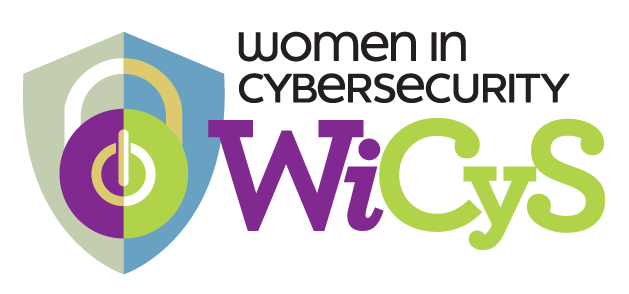Research and Activities
The Center for Cybersecurity at Loyola University Chicago is actively engaged in other partners, including government and industry, in various cybersecurity activities. If you are interested in partnering with us, please contact us.
Research
The cybersecurity program is actively involved in obtaining external research funding, publishing in international journals and conferences, and presenting the latest research in cybersecurity. For research activities in the Department of Computer Science, click here.
Clubs
Below describes Loyola Chicago's cybersecurity competition club. To view other computer science clubs, see student activities.

7968
7968 sends teams to cybersecurity competitions, both offensive and defensive in nature, and both academic and recreational in purpose, to represent Loyola University Chicago. 7968 also provides training to students to enhance their offensive and defensive capabilities, as well as hosting other cybersecurity-related events. Learn more at 7968.org, or contact us to join.

Women In Cybersecurity LUC Student Chapter
Our mission is to have a profound and lasting impact on the Loyola community by fostering female inclusivity, inspiring future leaders, promoting career development, confidence, advocacy, service, and partnership.
The Center for Cybersecurity at Loyola University Chicago is actively engaged in other partners, including government and industry, in various cybersecurity activities. If you are interested in partnering with us, please contact us.
Research
The cybersecurity program is actively involved in obtaining external research funding, publishing in international journals and conferences, and presenting the latest research in cybersecurity. For research activities in the Department of Computer Science, click here.
Clubs
Below describes Loyola Chicago's cybersecurity competition club. To view other computer science clubs, see student activities.
